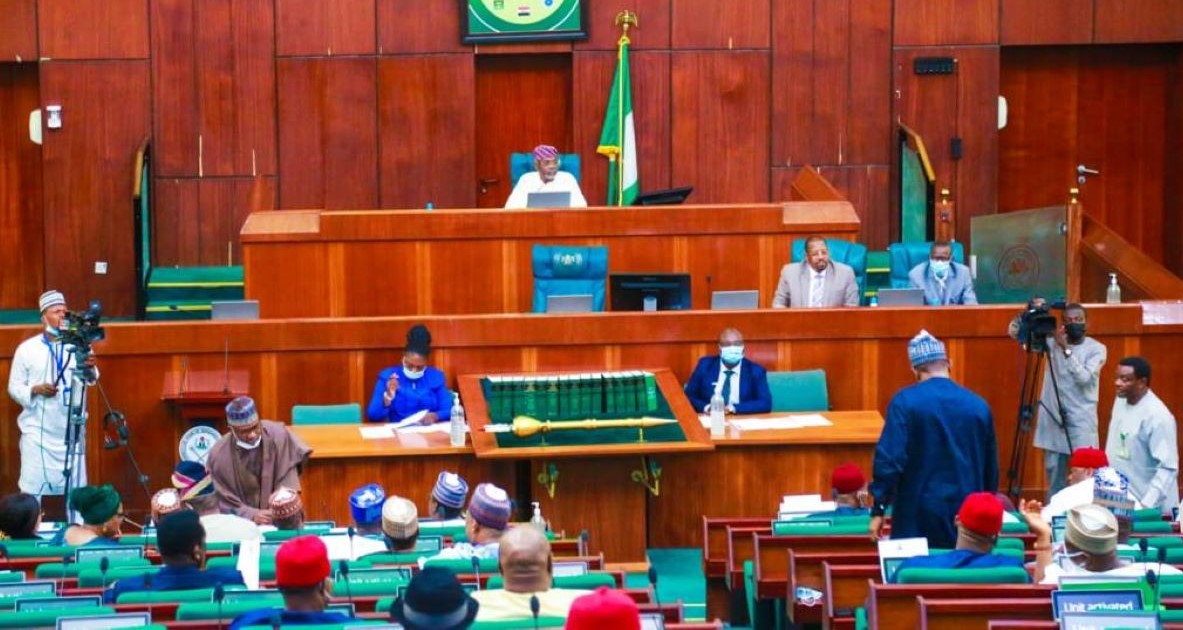
By Agency Report
Lawmakers Call for Immediate Interventions to Alleviate Burden on Nigerians Amid Rising Living Costs
In a decisive move, the House of Representatives has urged the Federal Government to reconsider the recent increases in prices for premium motor spirit (PMS), commonly known as petrol, and cooking gas (LPG). This call comes in response to a motion presented by Minority Leader Rep. Kingsley Chinda (PDP-Rivers) during a plenary session in Abuja on Wednesday.
Focus on Price Relief Measures
Rep. Chinda emphasized the pressing need for government interventions to provide price relief, including potential tax reductions or subsidies for low-income households reliant on cooking gas. He pointed out that, despite Nigeria being an oil-producing nation, the rising costs of petrol and cooking gas have become unsustainable for the average citizen.
Chinda highlighted that the recent surge in prices has compounded the financial strain on families and small businesses, particularly as they are forced to grapple with escalating transportation costs, food prices, and healthcare expenses.
Economic Implications of Rising Prices
The lawmaker attributed the spike in fuel and gas prices to the removal of fuel subsidies, coupled with global oil price fluctuations and the depreciation of the naira. He noted, “Nigerians are worried that the escalating fuel and gas prices are impacting transportation, food, essential goods, and healthcare, thereby increasing inflation.”
With these rising costs, many families face deeper financial hardships, threatening the stability of small and medium enterprises (SMEs) and potentially leading to broader economic instability.
Call for Urgent Government Action
Chinda warned that without immediate and effective measures to control the price increases, Nigeria risks entering an economic crisis that could exacerbate crime rates and mortality rates. He called for the Nigerian National Petroleum Corporation Limited (NNPCL) and the Ministry of Petroleum Resources to expedite the repair and maintenance of domestic refineries to enhance local refining capacity.
The House also urged the Central Bank of Nigeria (CBN) to implement monetary policies aimed at mitigating the inflationary effects of the rising petrol prices on essential goods and services.
Exploring Alternative Energy Solutions
In addition to immediate price relief measures, the lawmakers stressed the importance of diversifying Nigeria’s energy mix and promoting renewable energy solutions. By reducing reliance on petrol and gas, the government could foster a more sustainable and affordable energy landscape.
Legislative Oversight and Future Actions
Speaker Tajudeen Abbas mandated the Committees on Petroleum Downstream and Legislative Compliance to ensure adherence to these recommendations, with a report due back to the House within two weeks. This oversight aims to ensure that timely actions are taken to support struggling Nigerians amid rising costs.
Conclusion
The call from the House of Representatives highlights the urgent need for the Federal Government to address the rising cost of fuel and gas, which poses a significant threat to the livelihoods of millions of Nigerians. As lawmakers push for immediate interventions, the focus remains on creating sustainable solutions that will alleviate financial burdens on citizens while promoting economic stability.